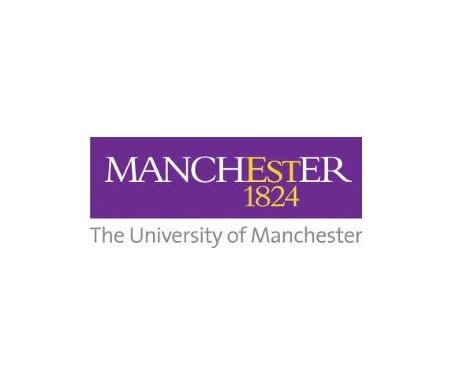
My research transcends body image and mental health across the lifespan.
Body image in young people
Childhood and adolescence are key phases of life, where young people grow and experience puberty-related appearance changes. Adolescents are faced with increasing pressure relating to appearance with increasing numbers of image-focused social media platforms, like Instagram and Snapchat. My research focuses on identifying influences on, and consequences of, body image concerns, in order to develop and evaluate evidence-based interventions and strategies to promote body confidence among young people.
Body image in adults
As adults reach midlife, their appearance and bodies begin to change in multiple ways. In addition to greying hair and the development of wrinkles, women may experience pregnancy, which is eventually followed by menopause. These ageing- related appearance and body changes are rarely featured in the media, thus leaving women in particular vulnerable to body image concerns. My research explores key influences on body image among this group, with the aim of developing strategies to promote positive body image.
I study risk and protective factors for body image image concerns, and the associated consequences.
Body image as a public health issue
Body image concerns are so common in the population, that they’ve been termed a ‘normative discontent’. Whilst not considered a public health issue, I conduct research that suggests otherwise. I study long-term impacts of body image concerns on broader mental and physical health, to see how body image in childhood can affect outcomes as a young adults. My research has found that body image concerns can lead to disordered eating, depression, and risky health behaviours (such as smoking, drinking alcohol, drug use, and self-harm).
Influences on body image
The first stage to developing interventions and strategies to promote positive body image involves identifying risk factors for body image concerns. I’m specifically interested in exploring malleable sociocultural and psychological influences on body image, such as (social) media pressure, the impact of family, friends, and romantic partners, appearance comparisons and appearance investment. My research involves testing theoretical models to understand how all these factors interact to influence body image.
I research body image among groups with an altered appearance and in low- and middle- income countries.
Body image in people with an altered appearance
Living with an appearance which is different from that of others can be challenging. Whether someone is born with an altered appearance, or acquires changes to their appearance due to an accident or as a result of treatment, it can be difficult to feel confident when these differences are not represented in the media. My research explores influences among groups with an altered appearance, and evaluates interventions to promote body acceptance. I have particular expertise among people who have experienced changes to their body and appearance following treatment for cancer.
Body image in low- and middle- income countries
Most body image research has been concentrated in high-income global regions, including North America, Australia, and Europe. However, limited research suggests that body image concerns are a global issue, with the nature of concerns differing in low- and middle- income countries. For example, concerns regarding skin shade are common in Asia. I have been conducting research in India, which has involved validating psychological outcomes measures, which are currently lacking, and developing school-based body image interventions to promote body confidence.
I develop and evaluate evidence-based interventions and strategies to promote body confidence.
Intervention strategies to promote positive body image
I have expertise in developing and evaluating body image interventions of different formats and intensities for young people and adults. These have included a cognitive behaviour therapy group-based programme for breast cancer survivors, school-based programmes, and “edutainment” for young people, including e-books and comics, cartoon and teen series, and a mobile phone game. Working with global organisations like the Dove Self-Esteem Project, UNICEF, and Cartoon Network, we’ve reached 60 million young people in 142 countries, and our research has confirmed that they are effective at promoting positive body image.
With my research expertise, I can advise you on your research question, design, methods, analyses, and interpretation of findings.
I have conducted multiple research studies and have collaborated with researchers and clinicians across the world, including NGO organisations, in addition to health organisations, and businesses. I have experience in conducting systematic literature reviews, which adopt a rigorous approach of identifying and evaluating relevant literature from all available resources, with minimal selection bias. I have used multiple quantitative designs, including prospective, randomised control trial, experimental, and cross-sectional methods. I also conduct qualitative research, including the use of interview and focus group methods. I’ve used sophisticated quantitative data analysis methods, such as structural equation modelling to analyse huge cohort datasets, in addition to ANOVAs, regression, t-tests, and correlation. I also have expertise using qualitative data analysis methods including thematic analysis and Interpretative phenomenological analysis.
I’ve collaborated with the following organisations:






















